“Dune: Awakening, the survival MMO from Conan: Exiles developer Funcom, will “sidestep” religion as a main theme in its “alternate history” world set just before the events of the books.” This headline on Eurogamer, coming one day after I slammed King Arthur: Knights Tale for being developed by a team that may well have never read the book, has given me my theme for this week’s thought bubble: Perhaps game developers should take the source material more seriously.
It’s not the first time that I’ve raised the topic: I routinely lambast the Call of Duty games for taking real-world events and conflict and totally re-writing them to suit the military-industrial complex narrative (even the mainstream press is waking up to that series’ role as propaganda). But I see it as a growing issue in this industry, and it bothers me more and more.
Art, typically, exists for a reason. An author writes a book for a reason, to convey a message that is important to them. Frank Herbert certainly had a powerful, complex and important message to share. That’s why his book was for such a long time considered to be impossible to turn into a film. It wasn’t because a director couldn’t set a space movie in a desert world with big worms. They’ve always been able to do that. It was because the themes were just so dense that it took decades for Denis Villeneuve and his team to figure it out. Incidentally, Dune and Dune 2, the films, do have the religion stuff in them, Funcom.
And so, as Villeneuve himself demonstrates, if you’re going to adapt an artist’s work into another medium like film, it’s important to, firstly, understand what the author was trying to do, and then make sure that your work reflects that. This is actually really important. Another good example of this is Peter Jackson’s The Lord of the Rings and the obsessive care that Jackson took to encapsulate every word of that epic tome into his film. Contrast that with Amazon’s very expensive The Lord of the Rings TV series, and it was almost unwatchable swill that failed to understand the book on every level. The difference wasn’t in budget. It wasn’t even in the talent of people working on the respective projects. It was entirely to do with the fact that one of the two was an effort to understand the work of Tolkien, and the other was an effort to impose American values onto it.
None of this is to say that you can’t do things like modernise a classic text, or even challenge it. Baz Luhrmann’s Romeo + Juliet is almost universally celebrated for taking Shakespeare and putting it in a modern setting. Why was it so successful? Because it maintained respect for the original text and a commitment to maintaining its qualities. An even more extreme example is Ten Things I Hate About You, which is such a brilliant and yet total retelling of Shakespeare’s Taming Of The Shrew that many people that watched it didn’t even realise they were being educated and exposed to culture.
And that’s also not to say that you can’t adapt a text in a way that challenges it, either. Stanley Kubrick’s A Clockwork Orange, for example, effectively flips the ending around completely. Anthony Burgess’ novel has the protagonist go through an epiphany and renounces his rapey, violent ways, while Kubrick’s film has the protagonist “cured” of his psychological torture and ends with the promise that he’s going to go right back to what he was doing before. But in challenging Burgess’ work, Kubrick understood the criticism that Burgess was making of society in a far more clear and sharp fashion than Burgess himself. Few would argue that Kubrick had not memorised and thought on every word of the novel.
There’s also the most famous example of all: Starship Troopers. Robert Heinleinn’s original novel is, at best, debatable, as to the extent that it supports rather than critiques fascism. That really comes down to how generous you’re going to be in your reading of it. No one rational debates whether Paul Verhoeven’s film stands, though. It is blatantly a satire of fascism and, through that, a satire of the book itself. But to reach that satire and be able to deliver it so effectively, Verhoeven also must have carefully studied the book and fully understood it.
The point I’m making with all of this is that across literature and film, there’s an understanding that an adaptation needs to understand the source material. Meanwhile, in video games, far (far) too often we’ve instead got developers that treat their adaptations as a kind of fan service. An opportunity to lift some money out of consumers by throwing names and visual design elements into a game, but with few real associations with what the source material is about.
As I mentioned in my review, the stories of King Arthur are fundamentally uplifting stories of big adventure and nobleness. The tales were, effectively, the Avengers of their time, with a team of equals-but-different heroes going on a wide range of different adventures before all coming back together for the big final fight. Grimdark misery fantasy is totally incompatible with the point of those original stories. I doubt the developer went further than a Wikipedia search for names when producing that one.
Some developers and publishers try to get things right in general, sure. Ubisoft, for all its faults as a company, does research the history it’s locating its Assassin’s Creed games within. The Metro and Witcher games both try and adapt the novels correctly, though in both those cases we’re talking about pulp fiction and that’s relatively straightforward material to work with. Few would argue that Alien: Isolation missed the points being made by Alien.
But then you’ve got that Avatar game that shoved James Cameron’s work uncomfortably into the Ubisoft formula. There’s the dismal Blair Witch game by Bloober Team that totally mistook the complexion of that film’s horror, and there’s all the Rocky games that seem to think Rocky was about the boxing. Meanwhile, the Friday the 13th game had the killer stalking all the players before their avatars had had sex, done drugs, or otherwise transgressed. The one thematic message of that entire film series and the developers simply ignored it. And there are now games that use the fiction from Starship Troopers, Terminator and Stargate, all by Slitherine, that all work well as fan service and aren’t offensive, but also aren’t trying to push the themes of those respective properties in any meaningful fashion.
And yes, Funcom, if you’re removing religion from Dune, you’re in this crowd and completely missing the point of Dune.
Video games are an art form. We know that. It’s settled. However, for video games to mature as an art form, then game developers really need to stop looking at things in terms of IP and content. If they’re going to adapt some source material, then perhaps they should study it first and then build a game that directly addresses the point of the source material. Right now, the expectations that game developers will do that is far lower than in other art films. With games, as long as you make it “fun”, then you’ll get a free pass. We’ve all done it. I’ve given poor adaptations a pass just because I’ve enjoyed played them and appreciated the inherent fan service quality to them. But ultimately all that means is that we’re incentivising developers to forgo the work they should be putting into delivering on the true potential of these games.
Buy the hottest games with Amazon.
By purchasing from this link, you support DDNet.
Each sale earns us a small commission.
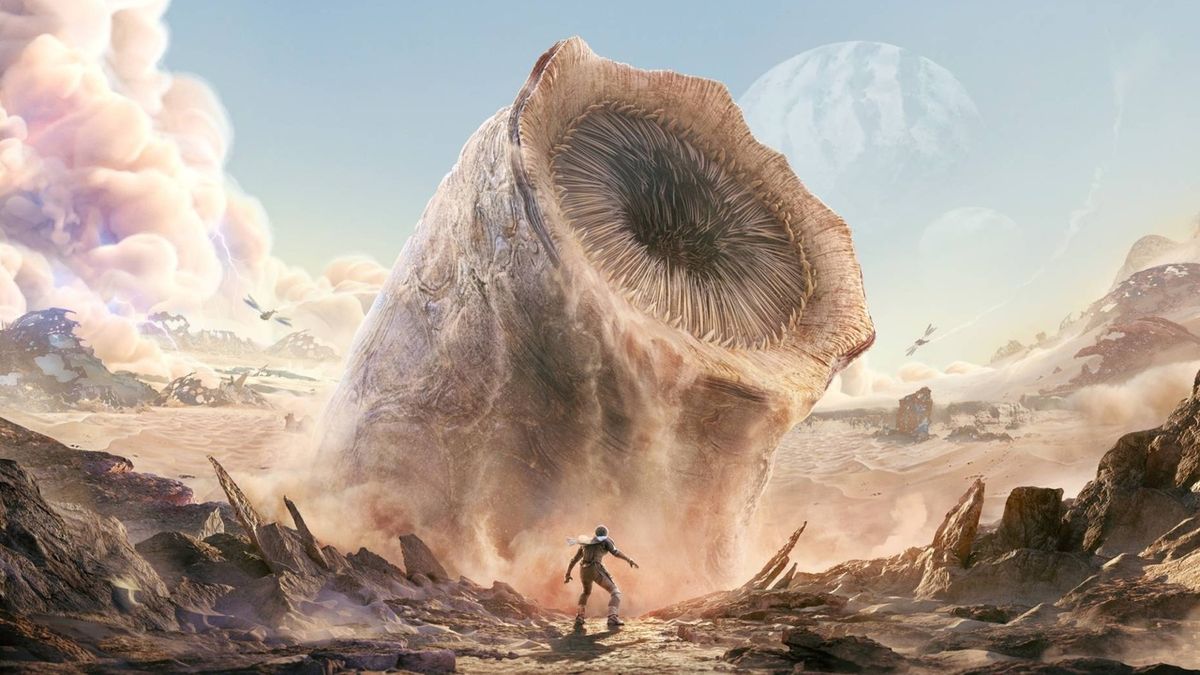


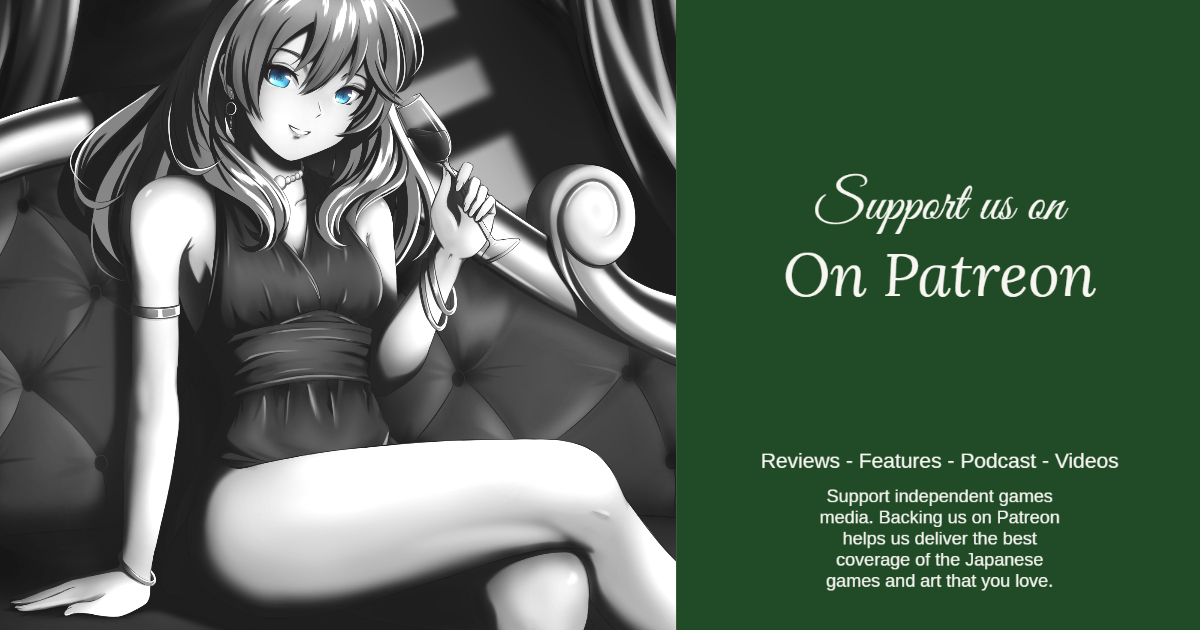

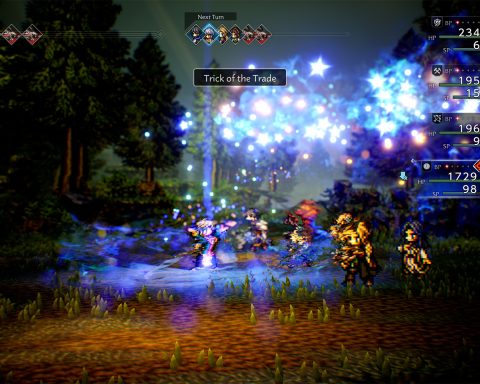

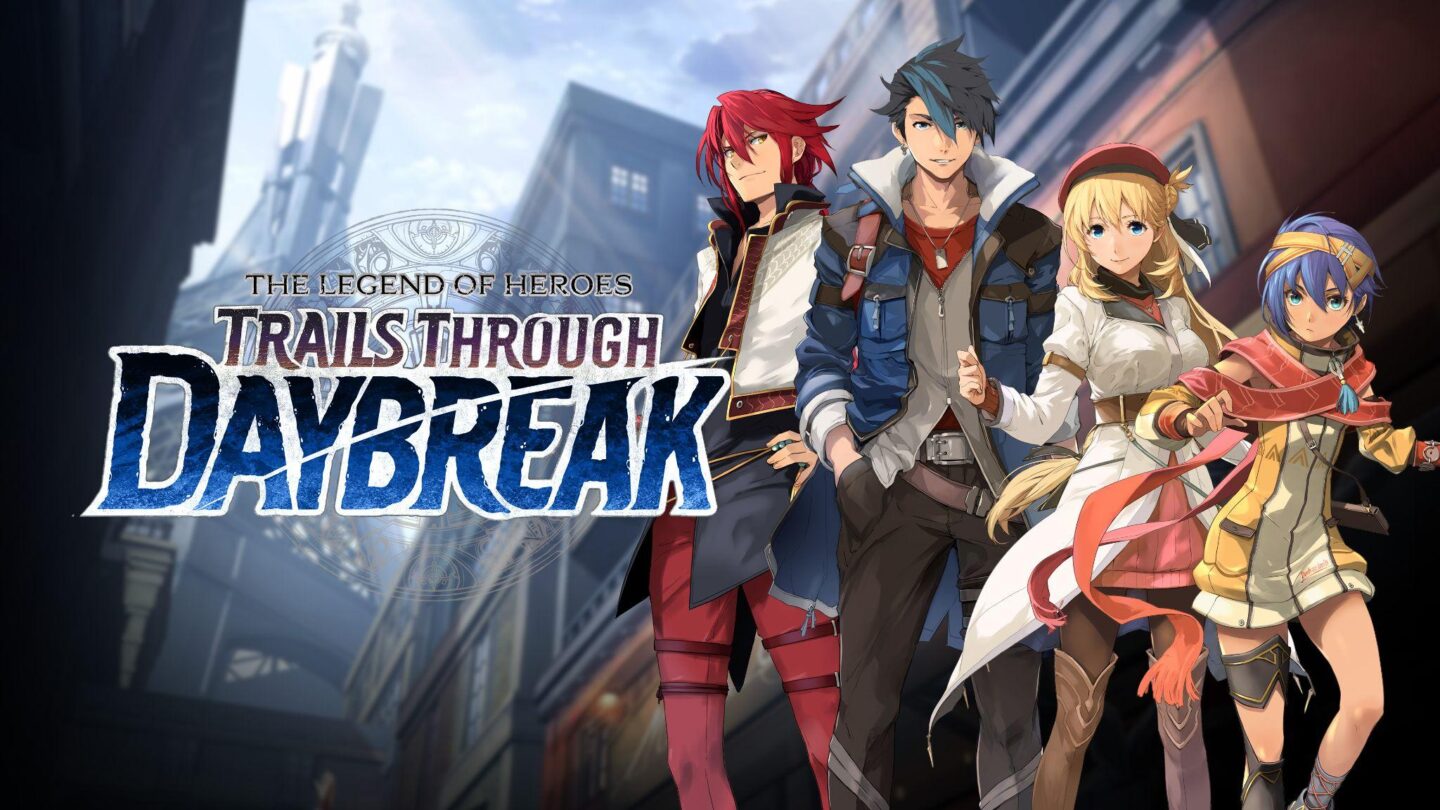





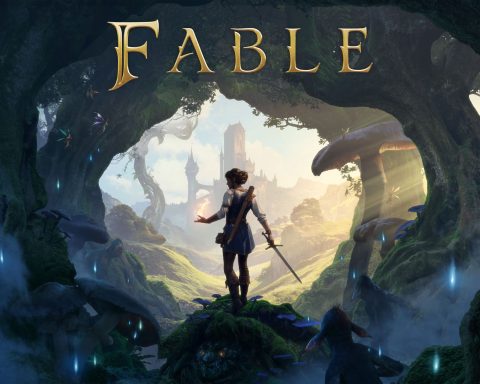
Corporate doesn’t like controversy. There have already been a couple of “Dune is so problematic” articles, so the game developer doesn’t want to upset anyone “important”.
On that note I’m disappointed there wasn’t a classic RTS made now that Dune is back in public eye.
This plays a big role. Anything that has too many edges is smoothed down in fear of complaints, bad press, and therefore less sales. Perhaps the fear of the online community itself played a part. I can imagine them thinking that the religious factions in-game might incite toxic behaviour among players.
I believe that, ironically, they shy away from one of the biggest opportunities to stand out in their chosen genre.
PS:
Incidentally, navigating fear is another theme of the book.